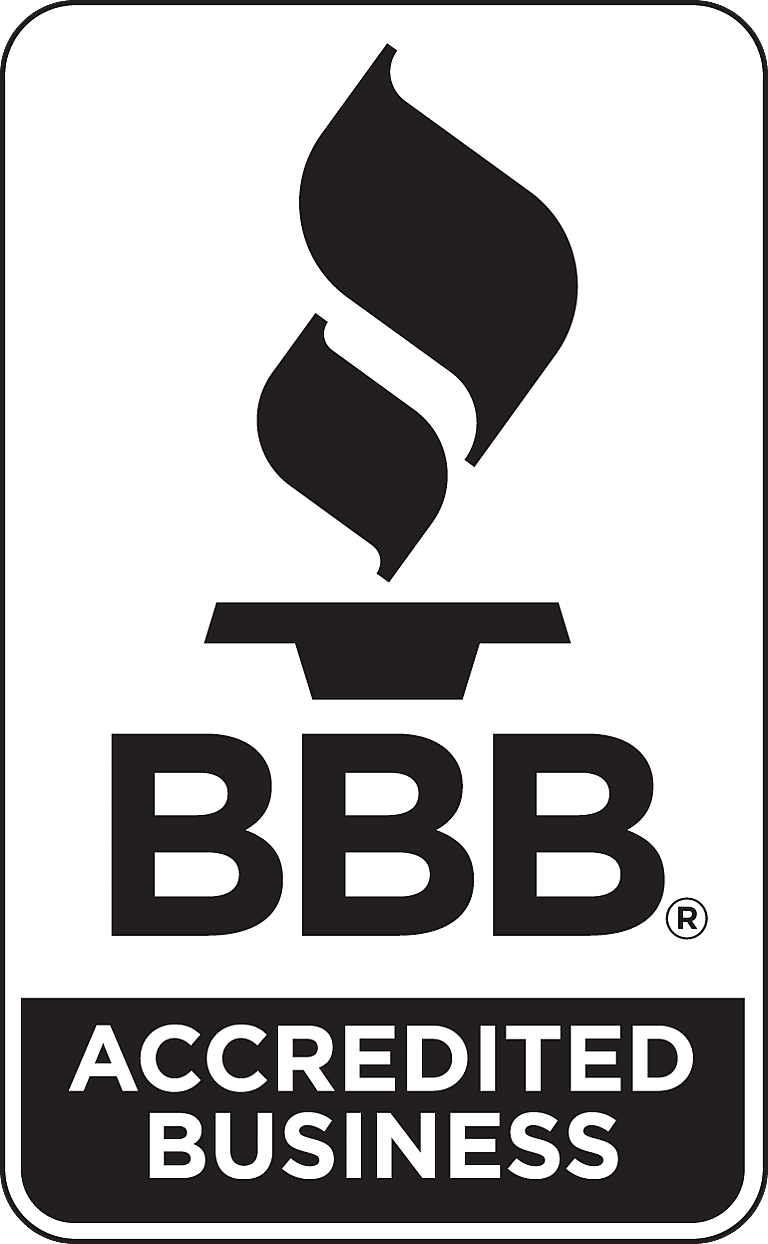
Do you feel bored with the work you’re doing in your current role? Are you looking to make a career change? Does a fast-paced industry with uncapped potential for growth sound interesting? If so, you may want to consider becoming a recruiter. Curious about how to become a recruiter, what the job prospects are like, or how to become a recruiter with no experience? You’ve come to the right place. Continue reading to learn more about becoming a recruiter, the necessary education and skills, and how to get started today.
What Does a Recruiter Do?
Recruiters fulfill two primary functions: filling vacant positions within organizations and helping job seekers find the perfect roles. The process is mutually beneficial, as recruiters work to identify and attract top-tier candidates who meet company needs. If you’re interested in a recruiting career, you’ll probably want to learn more. So, let’s dive in.
Within a staffing agency, recruiters serve as the liaisons between clients and candidates. They build relationships, walking individuals through the interview process, onboarding, and checking in with them. Recruiters market jobs, attract people to open positions, and strategize ways to increase applicant flow. Other day-to-day tasks of a recruiter may include:
- Meeting with hiring managers
- Posting open positions
- Reviewing resumes
- Screening candidates
- Coordinating interviews
- Developing recruitment strategies
- Cold-calling potential candidates
- Completing background checks
- Extending job offers
- Onboarding new hires
Read More: What is Recruitment?
Types of Roles Within Recruiting
A recruiter’s tasks may vary depending on the level or type of recruiter, as well as the industry. For example, at Black Diamond Networks, we help people find jobs in industries ranging from clinical research and life sciences to IT and engineering jobs. As such, our recruiter’s jobs may vary among industries.
Let’s look at some types of recruiting roles.
Headhunters
Headhunters aren’t typically involved with the hiring process and instead focus on prospects for potential candidates. They find and locate candidates who meet specific position requirements for firms, agencies, or organizations.
Executive Recruiters
Executive recruiters focus on filling the top roles, which may be called senior-level, C-suite, and executive-level. That includes finding and engaging with top-tier talent for high-up positions instead of hiring entry and mid-level roles.
Internal Recruiters
Internal recruiters fill open positions within the organization. While staffing agencies are typically outsourced to fill a company’s hiring needs, these recruiters work within an in-house human resources department or on an internal recruiting team, focusing on their hiring needs to bring the best talent to open roles throughout the company.
Information Technology (IT) Recruiters
IT recruiters focus on filling roles specific to the IT industries. Those roles may include developers, information security analysts, and computer and information systems managers. These professionals typically require a solid knowledge of the industry, a strong technical background, and an in-depth understanding of the complex skills required for an IT position.
Legal Recruiters
Legal recruiters specialize in finding jobs for legal professionals and fulfilling the hiring needs of law firms. Their job focuses on attracting talented lawyers and legal professionals to open positions within the firms that hire them. Some roles they may hire include lawyers, paralegals, arbitrators, mediators, and any other legal administrative vacancies that may be open within a law firm.
Management Recruiter
Management recruiters are responsible for determining the hiring process, strategizing, and leading recruitment teams. Like executive recruiters, management recruiters focus on high-profile hiring needs for C-suite roles. However, others focus on process improvement, improving hiring processes, creating new strategies, and training other recruiters in these specialized processes.
Pharmaceutical Recruiter
Pharmaceutical recruiters serve as the liaison between job seekers and pharmaceutical companies. These recruiters acquire talent and work toward meeting the needs of companies within health sciences. Some roles they may recruit include clinical research associates, physicians and clinicians, quality assurance professionals, pharmaceutical sales representatives, and director-level positions.
If these recruiting roles pique your interest, your next step is to continue your research to determine what area is right for you. But before considering these specializations, you’ll have to learn how to become a recruiter.
How Does Someone Become a Recruiter?
Anyone who wants to pursue a career in the recruiting industry can prepare for that path. But how do people know if they should consider a career as a recruiter? That’s a personal call, but recruiting may be the perfect career if you’re outgoing, highly motivated, organized, and passionate about relationship-building.
Not all recruiting companies or staffing agencies require a college degree. However, many companies may look for candidates who have a bachelor’s degree in a field such as business administration, psychology, or human resources. Consider this when looking to return to school or advance your career through further education.
If earning a four-year degree isn’t currently in the cards, there are other solutions for how to become a recruiter. Individuals serious about a career in recruiting may consider obtaining recruiting or HR-specific certifications. These certifications are an excellent way to build a foundational knowledge of recruitment and HR practices when beginning your career.
What about individuals making a career change? How can you become a recruiter without experience?
How To Become a Recruiter With No Experience
The first thing to do when asking yourself, “How do I become a recruiter with no experience?” is research! An excellent way to do that is by applying to entry-level recruiting roles. You can gain additional information, clarity, and insights into the industry from an initial screening. You’ll learn more about the position, its responsibilities, and what qualifications companies desire in an entry-level position.
Applying is also a great way to start gaining experience. Even without HR or recruiting experience, you may have other qualifications companies are looking for in prospective candidates. Additionally, many organizations offer in-depth on-the-job training so you can learn the ins and outs of the job, the industry, and the company by shadowing colleagues, listening to recruiting calls, and sitting in on recruitment strategy meetings.
Recruiting companies and staffing agencies won’t leave you to work solo on the phones until you’re comfortable. So long as you’re willing to learn, work hard, build relationships, communicate effectively, and stay organized, you’ll have everything you need to become a successful recruiter.
You may already have some skills recruiting companies look for in prospective candidates. Let’s look at some of those skills!
Skills To Become a Successful Recruiter
You’ve most likely acquired many skills you’ll need to become a successful recruiter through your previous employment. The soft skills you’ve spent years cultivating that could help you in your new career may include:
- Conflict resolution
- Active listening skills
- Strong and effective communication
- Organization and time-management skills
- Relationship-building skills and a personable demeanor
- Patience and customer or client service best practices
Of course, industry-specific skills are necessary when working as a successful recruiter, and you’ll learn those during your on-the-job training. That may include negotiable, marketing, and sales skills, knowledge of applicant tracking systems (ATS), and the ability to work with technology and other recruitment or company-specific programs.
Read More: How to Improve Professional Communication Skills Effectively
5 Tips To Help You Become a Recruiter Today!
You can begin your recruiting journey by cultivating your soft skills, applying to entry-level roles, and considering completing further education or HR and recruiting-specific certifications. Here are five more tips to help you become a recruiter today!
1. Start Networking
Networking is critical within any industry. By connecting with professionals in the field, you can learn more about the industry, discover what they did to start their careers, and find potential opportunities.
2. Revamp Your LinkedIn Profile
Part of networking means revamping your LinkedIn profile. You’ll want to create a memorable profile and use it to illustrate how your skills and past opportunities can transfer smoothly into your future in a recruiting career.
3. Identify Transferable Skills
To showcase transferable skills on LinkedIn, you must first identify them. Look at your past opportunities, projects, and resume and determine what skills you can transfer into entry-level positions based on your research and the qualifications listed on open positions.
4. Learn How To Sell Yourself
So you’ve identified transferable skills, revamped your LinkedIn and resume, and are networking with recruiting professionals. What’s next? Now, you must learn to sell yourself. Do this by creating and practicing an elevator pitch that can help spark the interest of a company where you’d like to work.
5. Build Relationships With Other Recruiters
Remember, networking never stops. Once you’ve gained employment in the recruiting industry, continue networking and building relationships with other recruiters. Doing so will make you an expert in your field, sharpen your skills, expand your network, and increase the potential for advancement and opportunities within your company and the recruiting industry.
Whether you’re starting your career or are looking for a change, consider these tips when asking “how to become a recruiter?” or “how to become a recruiter with no experience?”. Applying to recruiting roles is an excellent way to start your journey. A career with Black Diamond means an opportunity to create your own success story. Contact us today or submit a resume to learn more about our entry-level recruiter jobs and kick-start your career as a winning recruiter.

